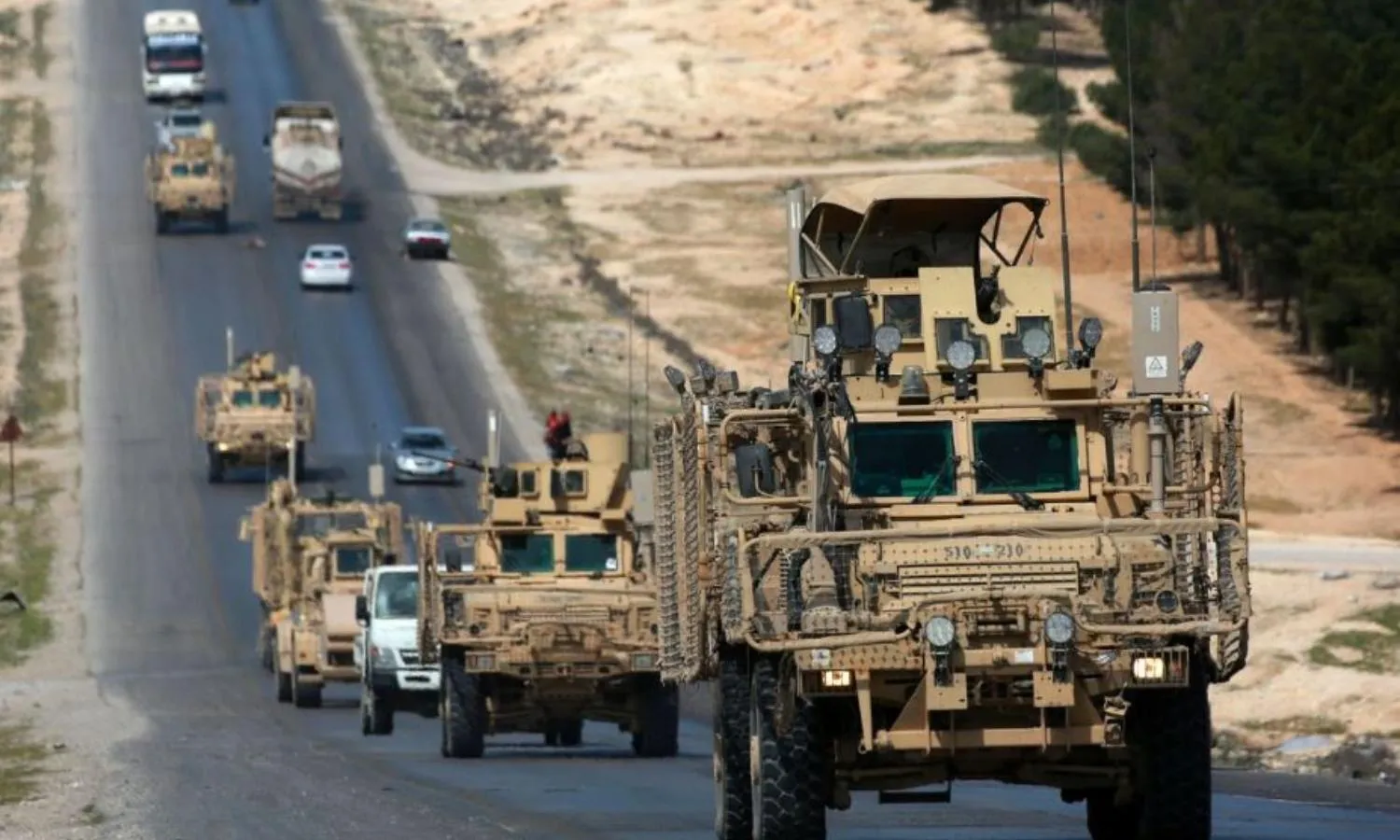What Will Happen if US Troops Do Withdraw from Syria?
The withdrawal announcement reflects Trump’s domestic political concerns;

After the sudden announcement that 2000 US troops would withdraw from Syria, US President Donald Trump has now delayed the process. Calling Syria a place of ‘sand and death’, Trump has not further commented on the process or the timetable of a US military exit from Syria.
In a statement reminiscent of politicking over troop withdrawals from Iraq during the Obama administrations, the White House stated that US silence on the timing and extent of a withdrawal from Syria reflects an effort to protect US security and interests in West Asia, and to safeguard the interests of the Kurdish People's Protection Units (YPG) forces.
Trump’s unexpected announcement had led to the resignations of Brett McGurk, the US envoy heading the fight against Daesh, and Defence Secretary James Mattis, suggesting disagreement within the US administration and military-industrial complex.
To discover what is likely to happen in the present climate of uncertainty The Citizen interviewed Kamran Bokhari, vice-president of Middle Eastern and South Asian Affairs at the thinktank Stratfor in Austin, Texas. Bokhari also teaches foreign policy and national security to members of Canadian military intelligence at the University of Ottawa.
What will be the impact of US withdrawal from Syria in West Asia?
The key impact will be Turkish troops and their allied militias expanding their operations in north-eastern Syria. This will bring Ankara’s forces in conflict with Syrian regime forces, Kurdish separatist fighters, and ISIS.
What are the ramifications of Brett McGurk and Jim Mattis’ resignations?
General Mattis’ departure represents a blow to the Trump administration. He is the last of the highly experienced and respected members of Trump’s cabinet to leave, and from a critical position.
It will be difficult for the president to find a replacement of his calibre, and one who can operationalise his defence policies.
What role are US troops playing in Syria, in your view?
Largely providing support, advice, training to the Kurdish-dominated Syrian Democratic Front militia, which has been on the frontline in the fight against ISIS. They were also engaged in special operations.
Do the intelligence services now lead US diplomacy in West Asia?
Intelligence almost always drives US policies.
Is the growing alignment between Turkey and US a consequence in any way of Jamal Khashoggi’s murder?
Growing US-Turkish alignment is a function of the strategic needs of both sides and has very little (if anything) to do with the Khashoggi murder.
Is there any friction developing in US military establishment against Trump?
I wouldn’t characterise it as friction; rather concerns at the way the president is trying to balance national security needs with his own domestic political interests.
Can a US withdrawal be viewed as the growing hegemony of Russia in West Asia?
Russia does not have any hegemony in West Asia. Moscow is only able to exploit the situation in the region.
We should not forget that there is a natural convergence of interests between the United States and Russia, in that neither side wants to see the fall or weakening of the Assad regime.
Has Daesh really been defeated?
ISIS has been pushed out of the urban centers but it is still functional in the rural sanctuaries on both sides of the Syrian-Iraqi border.
What are the flaws in international journalism covering this news?
The flaw is not so much in journalism as it is in analysis. Experts are focusing on the geopolitical impact of the withdrawal from Syria without a careful examination of the military implications.
How long do you think it will take to completely withdraw US forces from Syria and Afghanistan?
This remains unclear.

